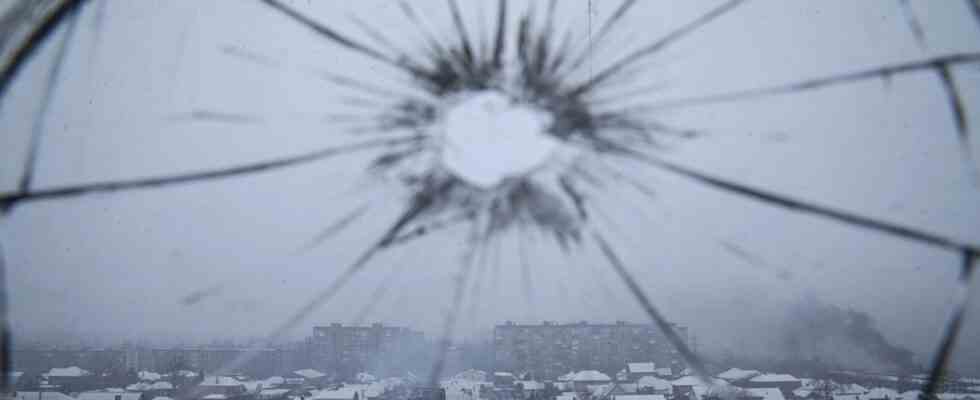For the time being, the Russian invasion of Ukraine has triggered a mobilization of hackers and cyberactivists eager to help one or the other part of the conflict, by carrying out actions against several targets, with however effects still imprecise and difficult to verify.
“No major cyberattacks against Ukrainian critical infrastructure have been observed, and we are currently witnessing a chaos of claims of unverifiable hacks and operations whose scope is extremely difficult to assess”, wrote our Pixels service in an article.
The most serious threat came from malware spotted on the night of February 23-24, shortly before the launch of the Russian military invasion. Nicknamed “HermeticWiper”, due to the signature of its digital certificate referring to a small Cypriot company (who denies any involvement), this virus is designed to erase the contents of infected computers. According to Bloomberg, at least three Ukrainian entities, including the Ministry of Internal Affairs, were affected by this wiper (data destruction software).
In response, as of February 26, the Ukrainian Minister of Digital Transition, Mykhaïlo Fedorov, announced the creation of a “IT Army of Ukraine”. “There will be missions for everyone! »he launched on Twitter by giving the address of a group on Telegram messaging, quickly joined by more than 250,000 people.
People claiming to be from the Anonymous group also claimed, on Monday, to be responsible for a cyberattack that paralyzed the sites of several Russian media, including those of state agencies, in the wake of computer attacks that targeted the latter. days of many official Russian sites.
For a few minutes, the sites of the state news agencies TASS and RIA Novosti, of the newspaper Kommersantfrom the pro-Kremlin daily Izvestia and magazine Forbes Russia displayed a message summarizing ” end “ to Russia’s invasion of Ukraine.
The digital skirmishes carried out in recent days remain very far from having a scale comparable to other attacks carried out in Ukraine by pro-Russian groups or groups linked to the Russian state in recent years.
If you want to know more about the reasons behind this apparent absence of cyberattacks, we also recommend reading this article by our colleagues Martin Untersinger and Elise Vincent:
Read also: War in Ukraine: Why cyberattacks seem, for now, limited

